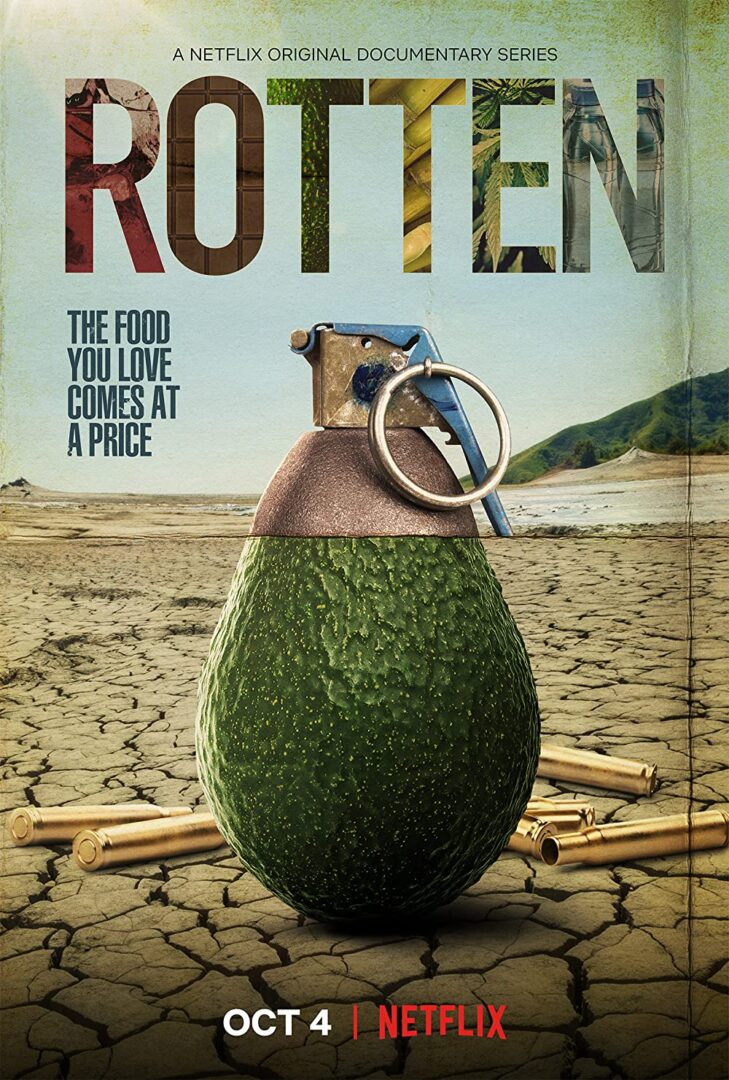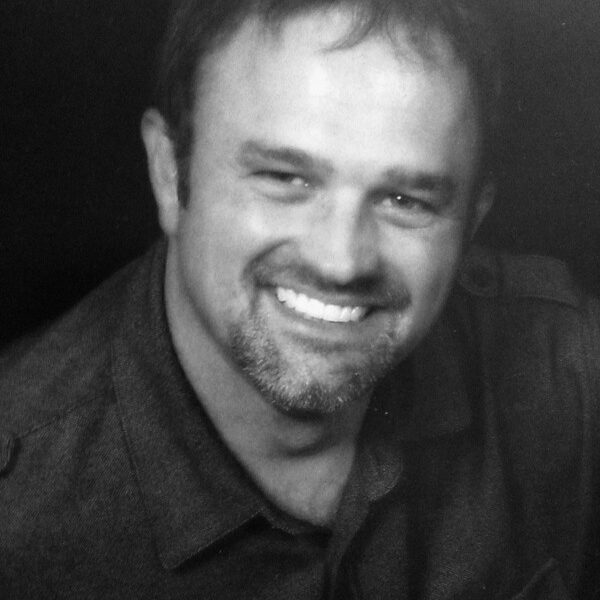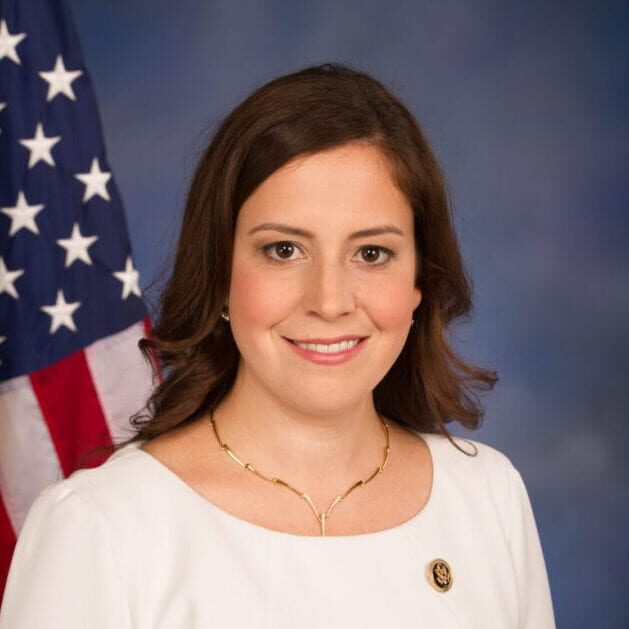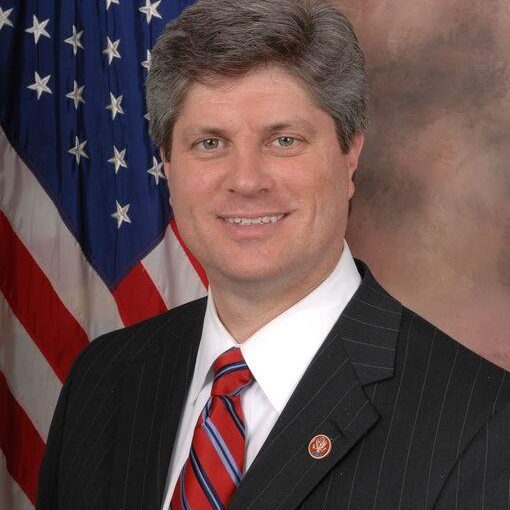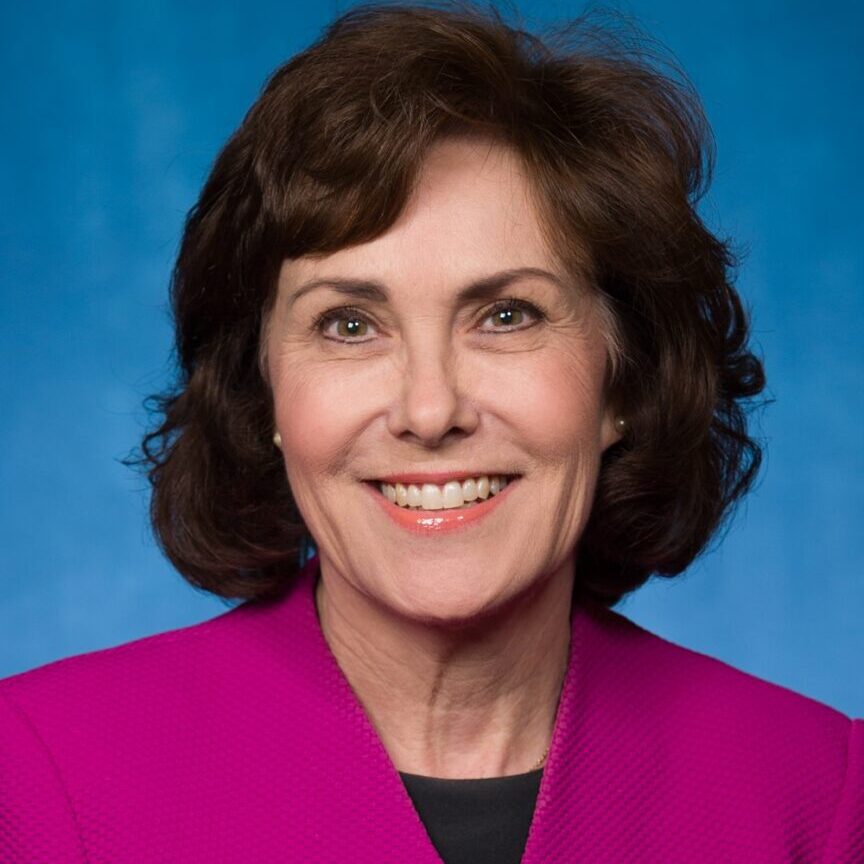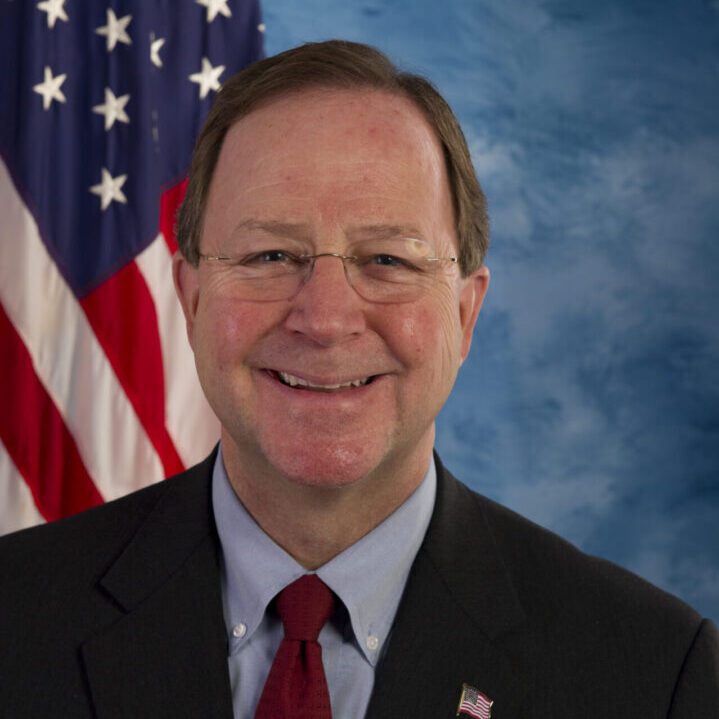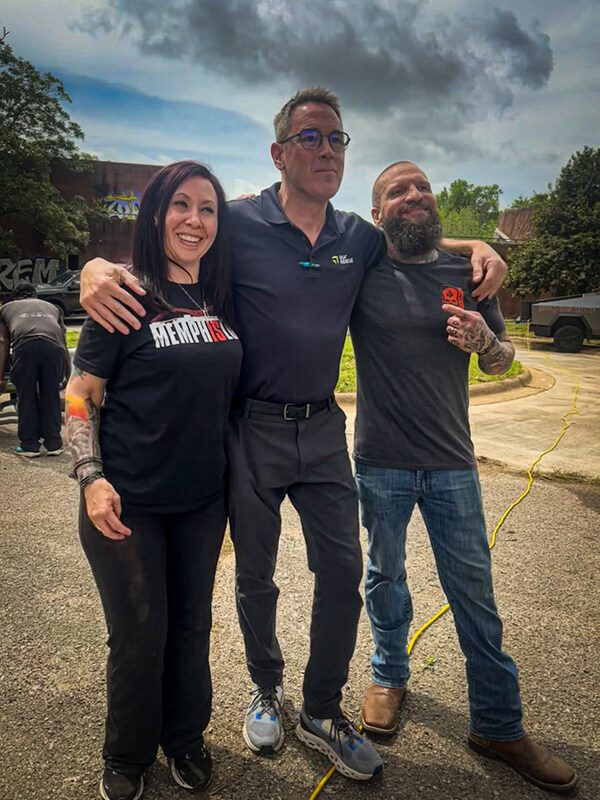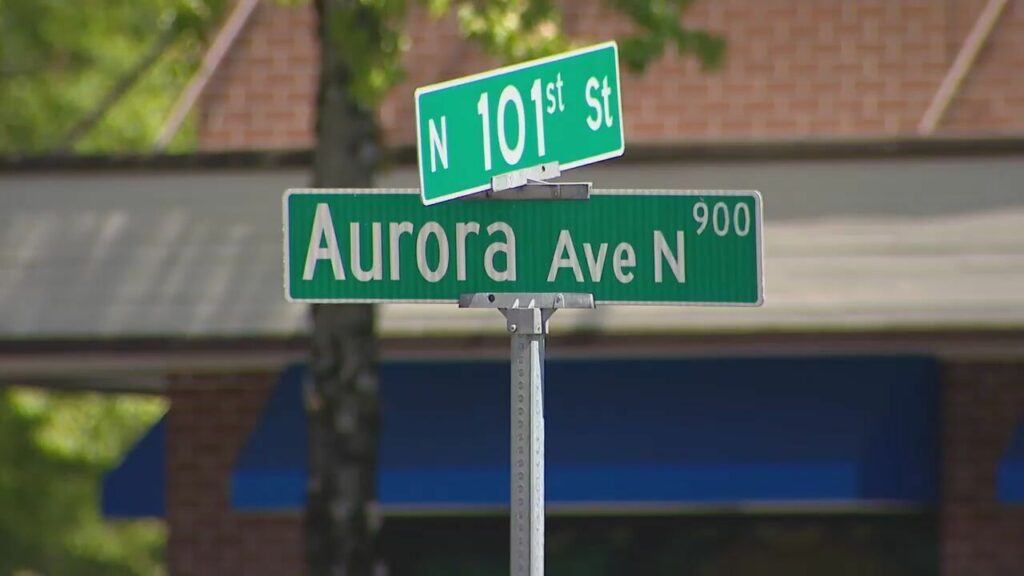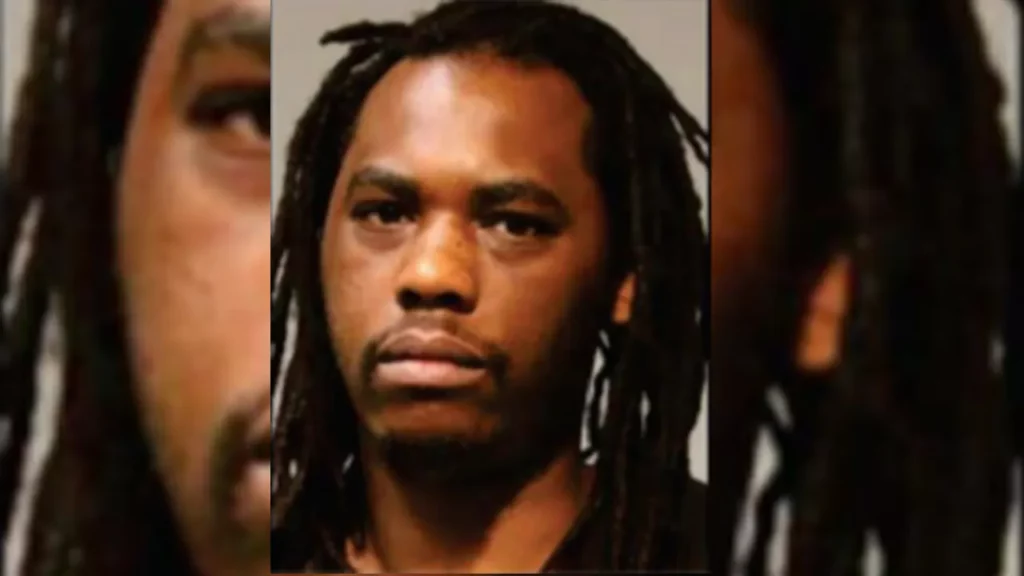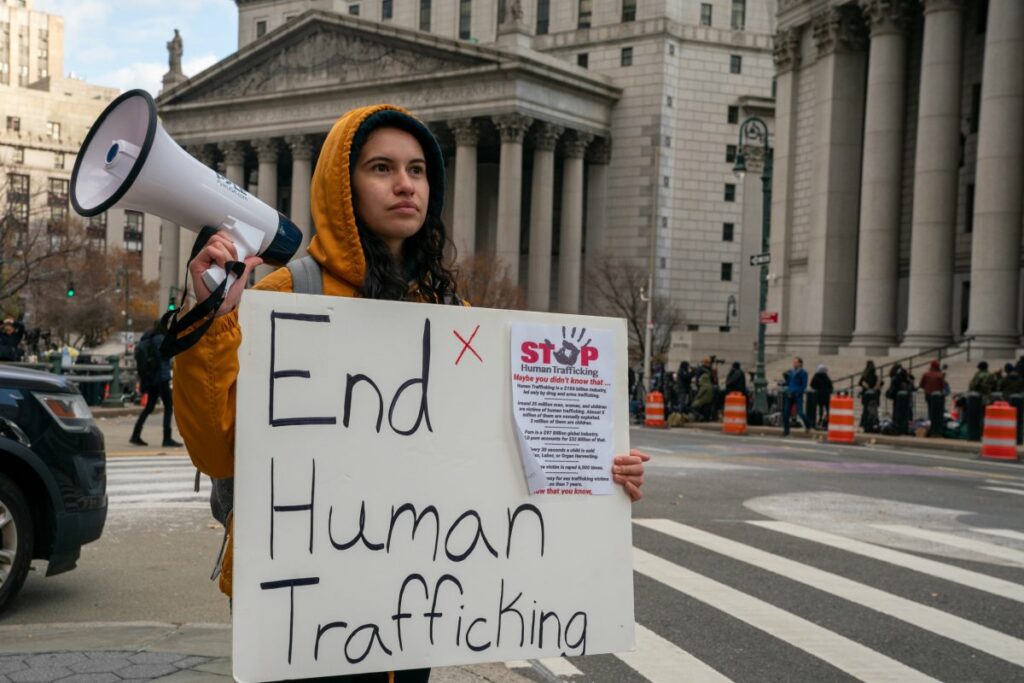Human Trafficking News
Our Rescue and We Fight Monsters partner to build “Hope House” in Memphis, TN
Seattle boosts funding to tackle Aurora Avenue’s persistent sex trafficking issue
Man arrested for child sex trafficking with criminal record of no-shows at court
Florida Psychologist Arrested, Accused Of Trafficking Teen Girl
[news_8]
Featured Charities for Human Trafficking
[organizations_8]

The Coalition to Abolish Slavery and Trafficking (CAST) is a Los Angeles–based nonprofit organization that is working to put an end to modern slavery and human trafficking through comprehensive, life-transforming services to survivors and a platform to advocate for groundbreaking policies and legislation. Over the past two decades, CAST has supported thousands of survivors through every phase of their journey to freedom from counseling, to legal resources, to housing, educational and leadership training and mentorship.

Free the Slaves was born in the early days of the new millennium, dedicated to alerting the world about slavery’s global comeback and to catalyze a resurgence of the abolition movement. We help those in slavery escape the brutality of bondage. We help prevent others from becoming trapped by traffickers. We help officials bring slave holders to justice. We help survivors restore their dignity, rebuild their lives, and reclaim the future for themselves, their families, and their communities.

Love146’s vision is the end of child trafficking and exploitation. Nothing less. We believe this is only possible through a bold, broad vision that cannot be achieved by only one person, organization, perspective, or approach. The movement of people who agree that no child should be trafficked encompasses a broad base of diverse stakeholders and supporters — people who disagree about a myriad of issues, but who all share the vision of the end of child trafficking.
Get Informed
Fact Sheet
[facts_8]
Resources, Publications, & Articles
[publication_8]
Some Major Human Trafficking
Challenges Of 2022
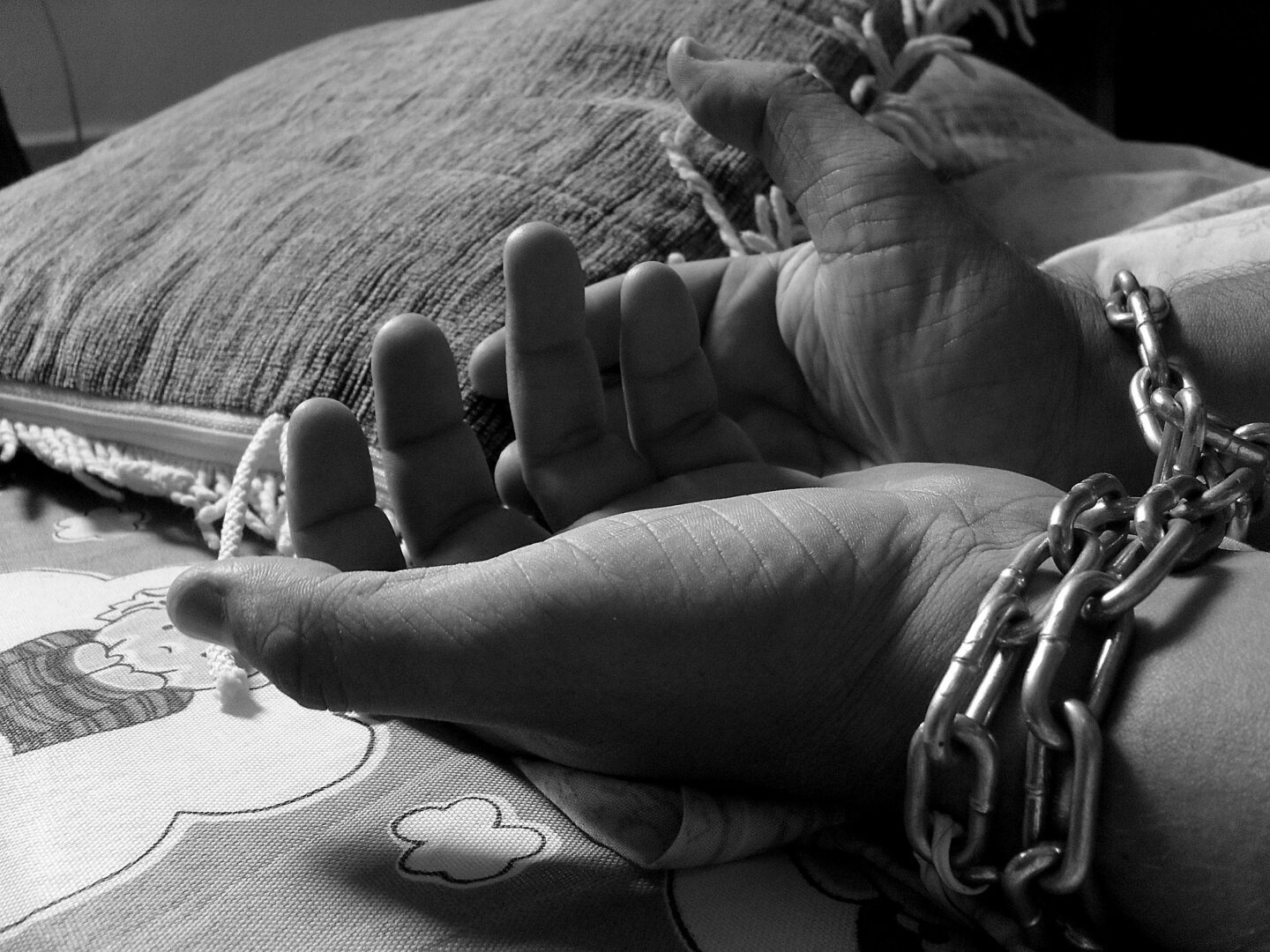
Get Involved
Ways to Take Action
Recognizing key indicators of human trafficking is the first step in identifying victims and can help save a life. Here are some common indicators to help recognize human trafficking.
- Does the person appear disconnected from family, friends or community organizations?
- Has a child stopped attending school?
- Has the person had a sudden or dramatic change in behavior?
- Is the person disoriented or confused, or showing signs of mental or physical abuse?
- Does the person have bruises in various stages of healing?
- Is the person fearful, timid or submissive?
- Does the person show signs of having been denied food, water, sleep or medical care?
- Is the person often in the company of someone to whom he or she defers to? Or someone who seems to be in control of the situation, i.e., where they go or who they talk to?
- Does the person appear to be coached on what to say?
- Does the person lack personal possessions and appear not to have a stable living situation?
- Does the person have freedom of movement? Can the person freely leave where they live? Are there unreasonable security measures?
Not all indicators listed above are present in every human trafficking situation and the presence or absence of any of the indicators is not necessarily proof of human trafficking.
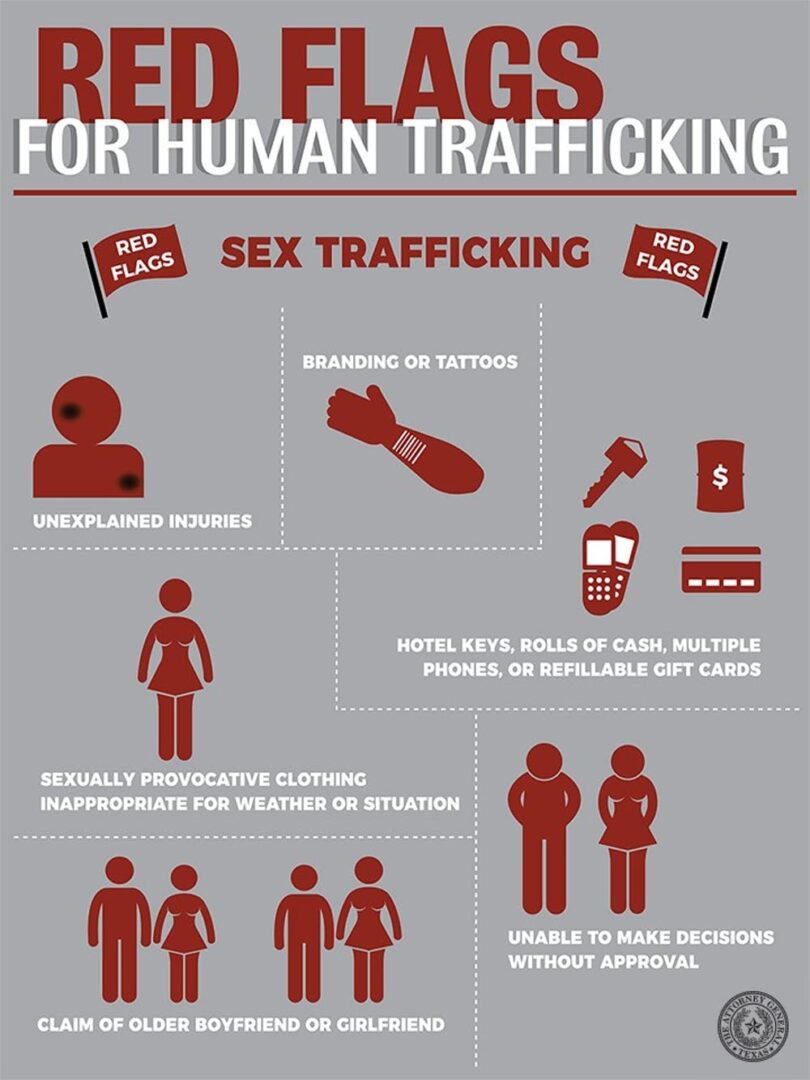
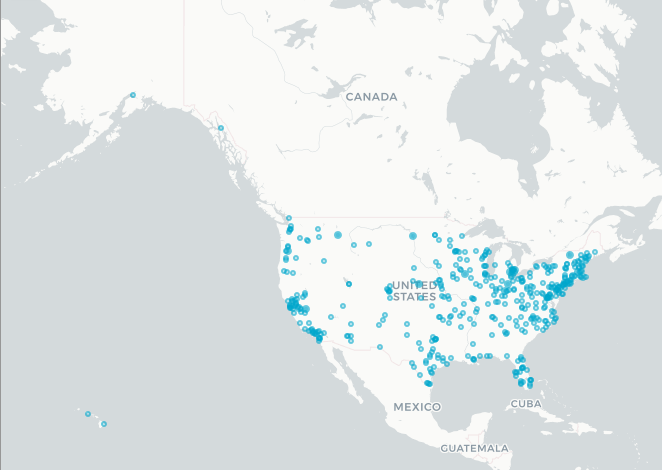
This online Referral Directory is made up of anti-trafficking organizations and programs that offer emergency, transitional, or long-term services to victims and survivors of human trafficking as well as those that provide resources and opportunities in the anti-trafficking field.
Remembering Nhu is a nonprofit committed to ending child sex slavery through prevention. It currently has 109 homes for children in 16 countries and have prevented over 2,200 children from being sold.
They are ending child sex slavery through prevention: One child at a time, one family at a time, one village at a time. Find out how prevention is the most effective way to keep children safe and end child sex slavery.
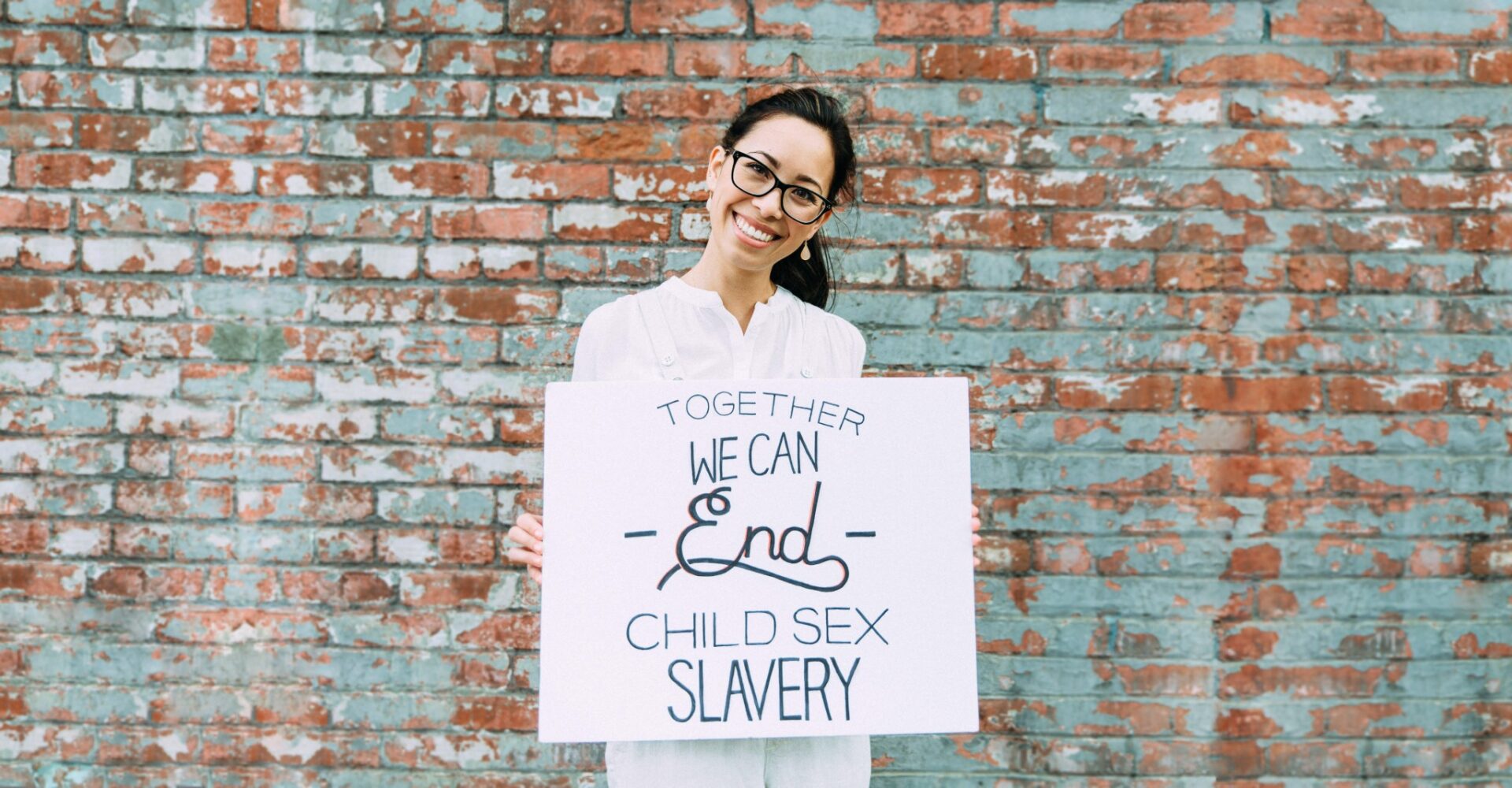
Upcoming Events
[social_causes_8]
Stay Engaged
Recommended Media
[media_8]
This video was produced as a part of The CNN Freedom Project in order to raise awareness about the presence of trafficking in the United States. The video places particular emphasis on how young victims are treated within the American justice system. Teenagers caught in the sex trafficking industry often face prostitution charges and other legal backlash rather than being treated as victims of abusive traffickers. Jada Pinkett Smith engages in intimate conversations with girls who were lured into the sex trafficking industry and the women who helped them escape their traffickers and create a safe, fulfilling life for themselves.
Where to Watch: CNN Freedom Project
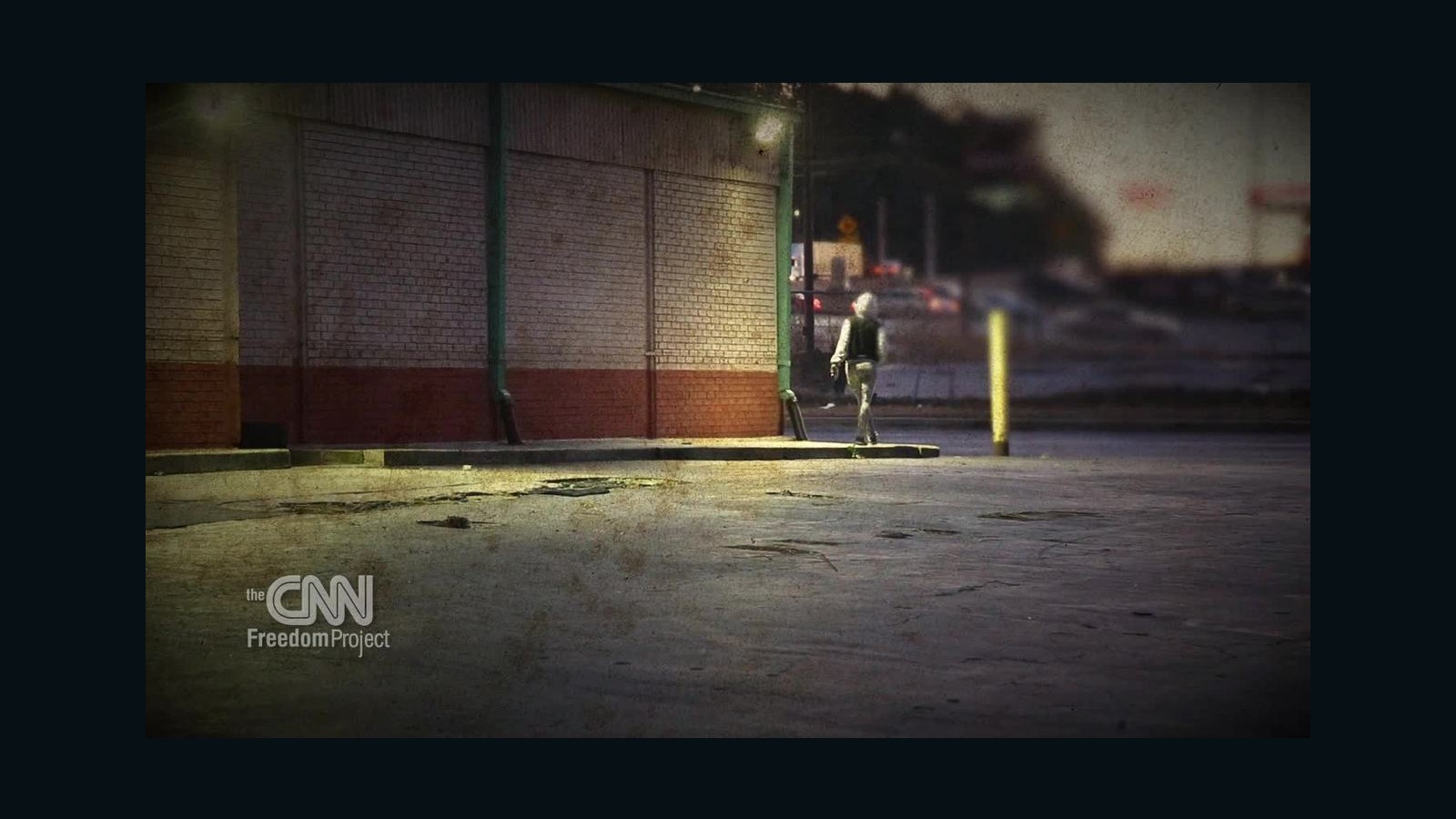
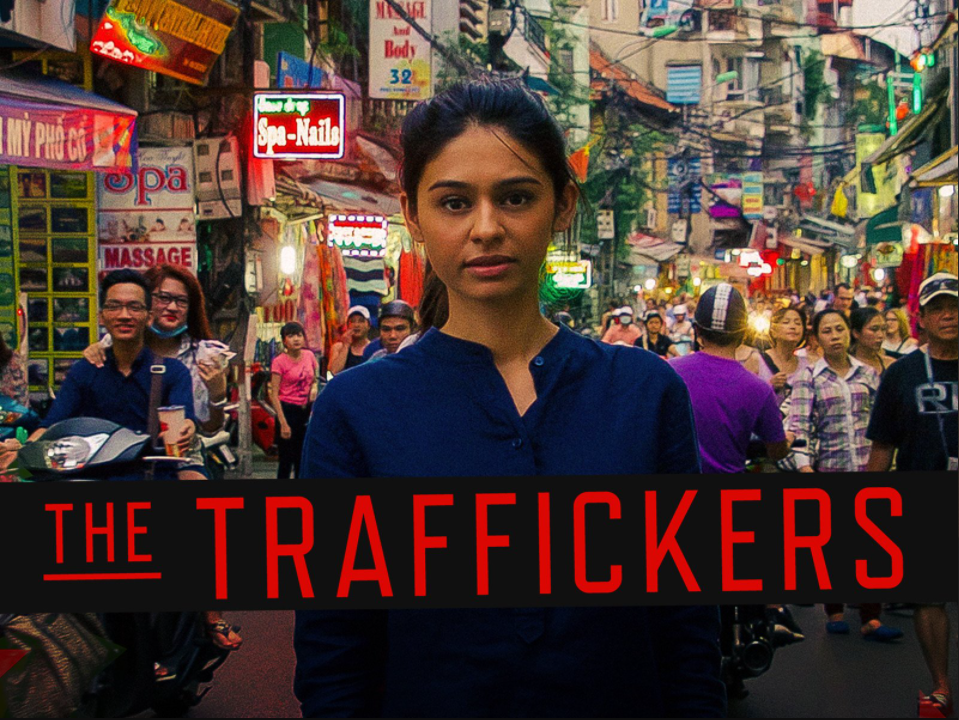
Nelufar Hedayat travels to all corners of the earth to talk with victims of trafficking, trafficking survivors, traffickers, and those who purchase trafficked goods and people. In one episode, Hedayat talks with individuals who have been victims of the industry of kidney harvesting, those who harvest the kidneys, and those who have knowingly purchased trafficked kidneys in an effort to preserve their lives. This documentary series is notable for its ability to invite viewers into the mindsets of traffickers — some of whom were forced to drive others into the trafficking industry.
Where to Watch: Apple TV+
Each episode focuses on a different industry in which human trafficking is present, including dairy farms, avocado plantations, and sugar cane harvesting. The series not only exposes the abuse workers endure within these industries but also discusses other issues that are interconnected with the trafficking industry. If you want to learn more about how labor laws, environmental concerns, and consumerism interact with human trafficking, Rotten will provide valuable insights into how our everyday purchases relate to slavery.
Where to Watch: Netflix
